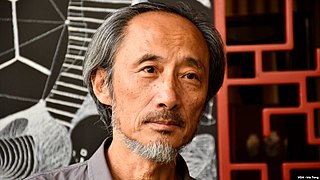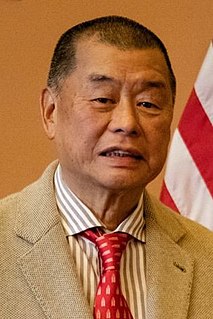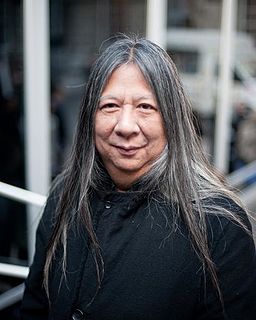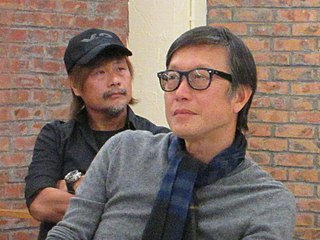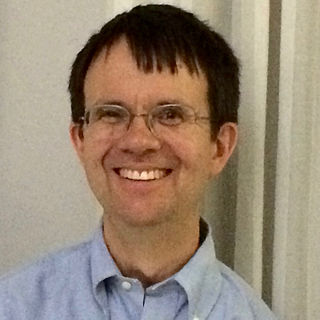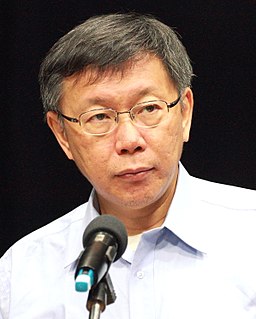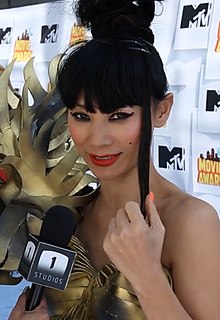A Quote by Ma Jian
After the Tiananmen Massacre, I felt compelled not only to continue writing but to actively resist the restrictions placed on freedom of speech. I set up the publishing company in Hong Kong, with offices in Shenzhen in mainland China, and managed to publish works of fiction, philosophy, and politics by unapproved authors.
Related Quotes
Hong Kong has been the place where the memory of Tiananmen Square lives on; Hong Kong people have become more and more committed in their resistance to authoritarian government, and also, not surprisingly, committed to safeguarding their culture and heritage as something distinct and worth preserving.
